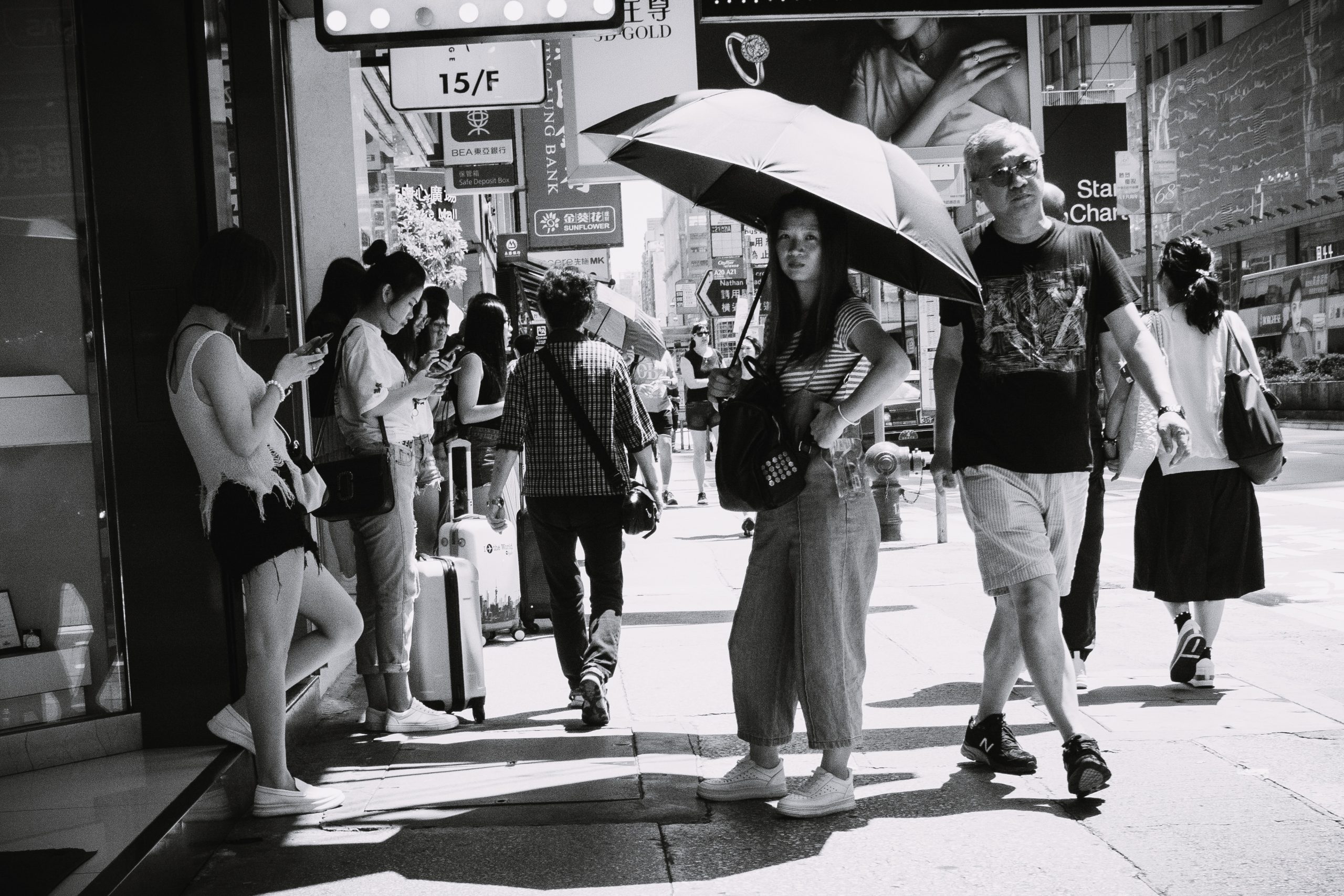In recent years, social media has become an integral part of our daily lives. We use it to connect with friends and family, share our thoughts and experiences, and even promote our businesses. However, with the rise of selfie culture, some have raised concerns about the impact of social media on our self-esteem and sense of self-worth. In this article, we’ll explore the science behind selfie culture and whether social media is making us more narcissistic.
What is Narcissism?
Narcissism is a personality trait characterized by a grandiose sense of self-importance, a need for admiration, and a lack of empathy for others. While some level of narcissism is normal and healthy, excessive narcissism can lead to problems in relationships and other areas of life.
Selfie Culture and Narcissism
Selfie culture refers to the trend of taking and sharing selfies on social media platforms. While selfies have been around for decades, the rise of social media has made them more popular than ever. Some have argued that selfie culture is contributing to a rise in narcissism, as people become more focused on their appearance and the attention they receive from others.
Research on Selfie Culture and Narcissism
Several studies have explored the relationship between selfie culture and narcissism. One study found that people who take more selfies tend to score higher on measures of narcissism. Another study found that people who spend more time on social media tend to have higher levels of narcissism.
However, it’s important to note that these studies only show a correlation between selfie culture and narcissism, not a causal relationship. It’s possible that people who are already narcissistic are more likely to engage in selfie culture, rather than the other way around.
The Role of Social Media
While selfie culture may be contributing to a rise in narcissism, it’s important to consider the role of social media in this trend. Social media platforms like Instagram and Facebook are designed to encourage self-promotion and attention-seeking behavior. Likes, comments, and followers can all serve as validation for our self-worth, leading us to seek more attention and validation from others.
Additionally, social media can create a distorted view of reality, as people tend to present a curated and idealized version of themselves online. This can lead to feelings of inadequacy and low self-esteem, as we compare ourselves to others and feel like we don’t measure up.
Conclusion
In conclusion, while there is some evidence to suggest that selfie culture and social media may be contributing to a rise in narcissism, it’s important to consider the complex factors at play. It’s possible that people who are already narcissistic are more likely to engage in selfie culture, and social media platforms may simply be amplifying this behavior. However, it’s also clear that social media can have a negative impact on our self-esteem and sense of self-worth, as we compare ourselves to others and seek validation from likes and comments. As with any technology, it’s important to use social media in moderation and be mindful of its potential impact on our mental health and well-being.




